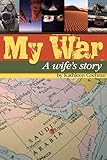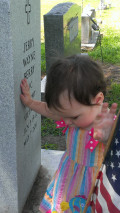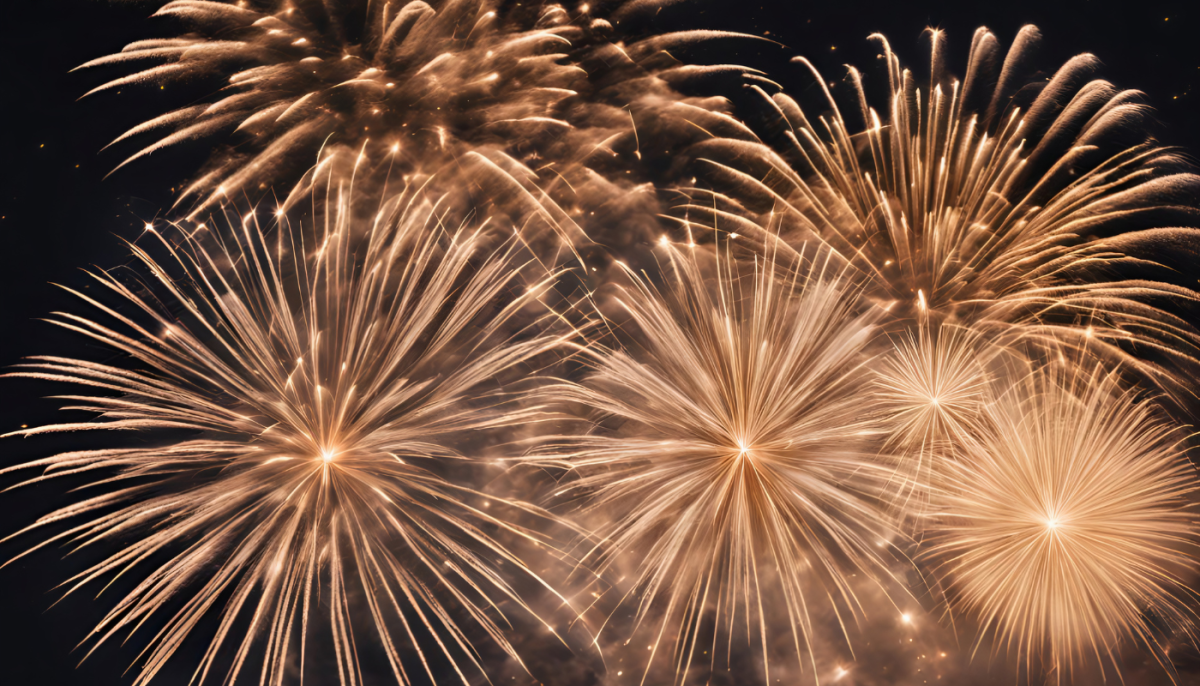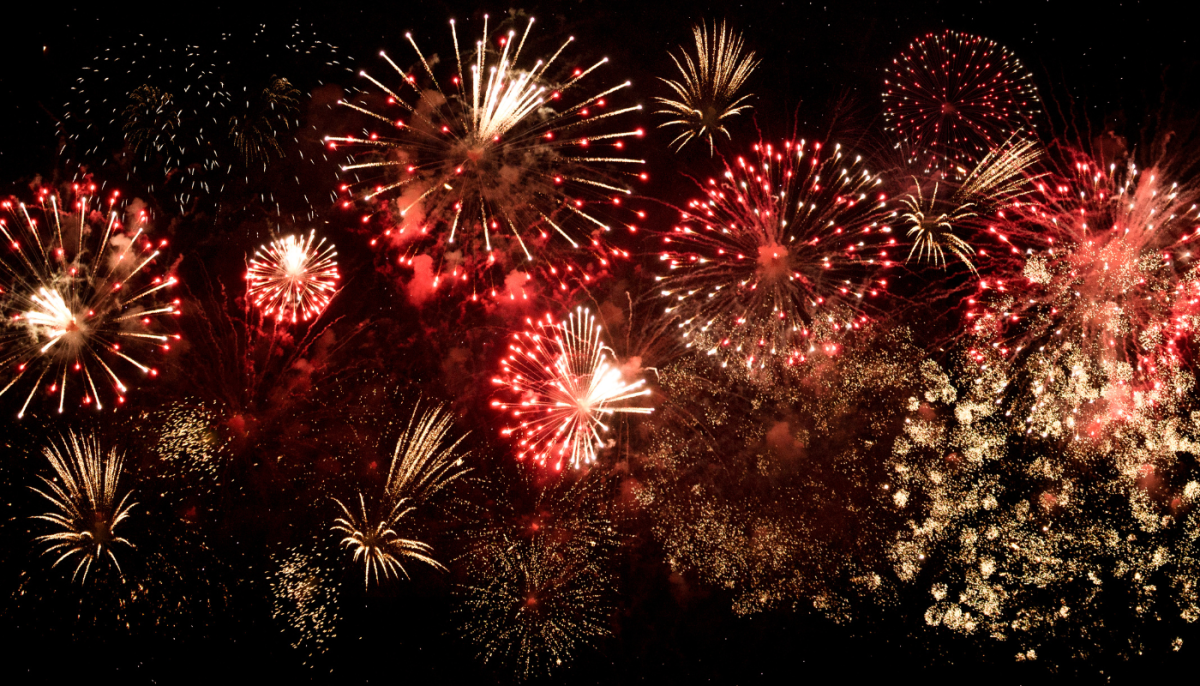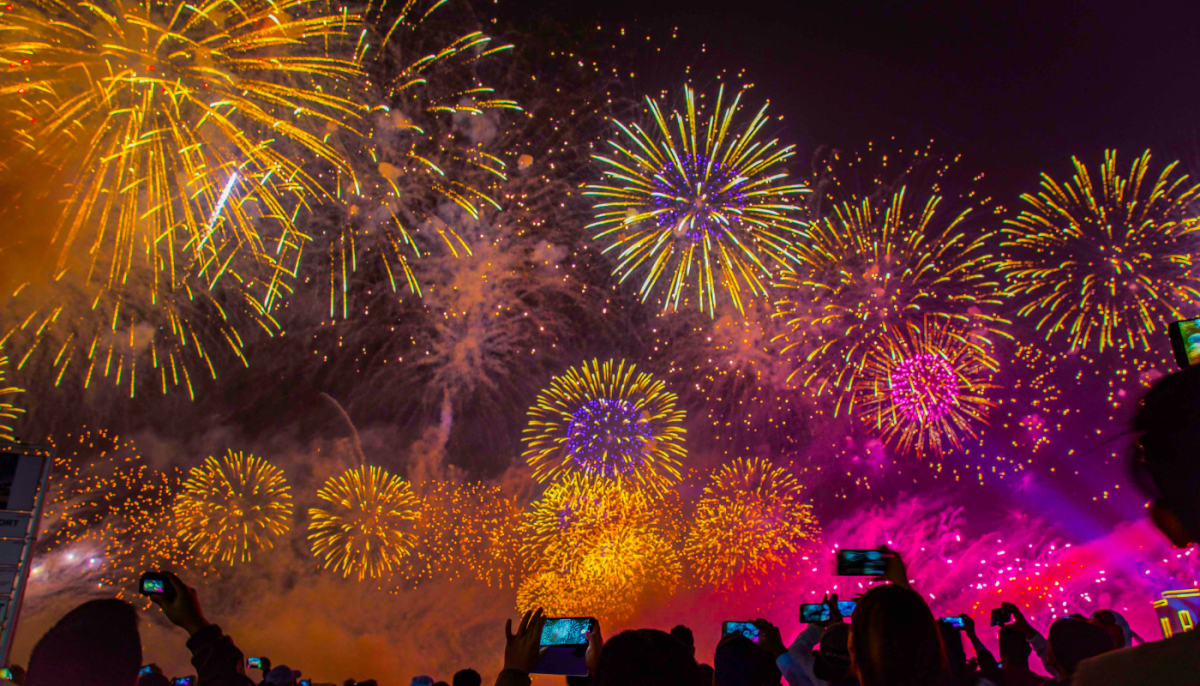Do they have the Fourth of July in other countries?
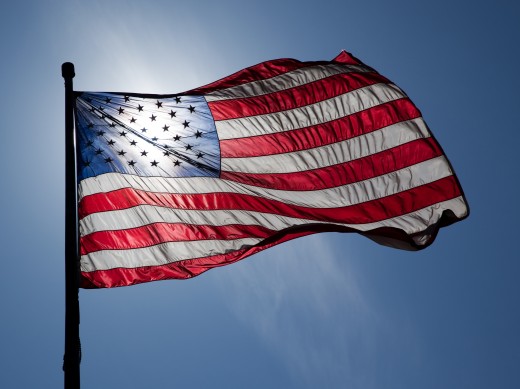
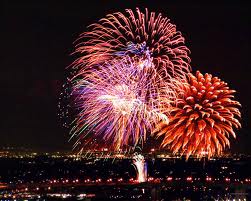
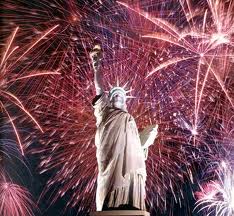
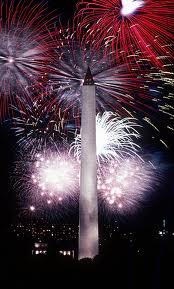
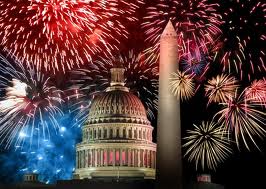
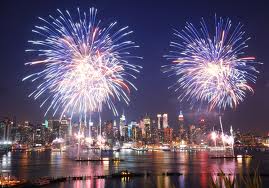
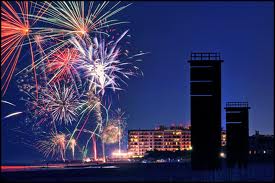
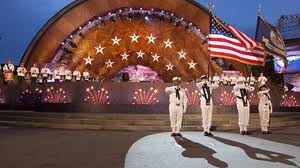
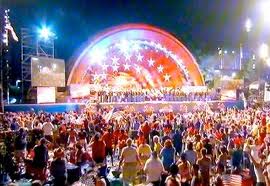
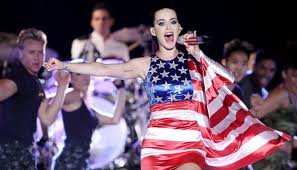
Yes, they do, but they only celebrate the Fourth of July in other countries when America has done something for them. And it better be pretty recently.
In the summer of 1991 a lot of non-Americans were celebrating the Fourth, especially in the Kingdom of Saudi Arabia. The US of A had just borne the heaviest load in pushing Sadaam Hussein's forces back into Iraq, and, thanks in no small part to CNN bringing the war and the build up to it into every home, not only in America, but also around the globe, for a few shining moments, we were the heroes - Americans.
This was pre-9/11, almost two decades post Vietnam, Ronald Reagan's VP was in the White House, and the world wasn't in very bad shape. Yes, we'd had Libya's Gaddafi to contend with, Panama and Grenada skirmishes, but most American schoolchildren couldn't name the characters in any of those mini-dramas. Then on August 2, 1990, Sadaam Hussein decided to enlarge his dictatorship by the size of the Emirate of Kuwait. CNN had just set up shop around the world trying to capture the international business market on its new-fangled cable television network, and they had the pure, unadulterated, dumb luck to be in the right place at the right time to catch all the action on their new toy, placing themselves at the top of the breaking news pyramid. The 24-hour news cycle was born.
The relatively clean (for everyone but the Iraqis), surprisingly quick war came down to 100 hours of great public relations for the US. Ten years later we'd go back to the region for the bloody, life-claiming, injury-laden (as predicted in 1991) difficult task of removing Sadaam and his forces. Keeping up the good will for America became a more challenging task. But in 1991 everybody loved us. Well, almost everybody.
I happened to be in Saudi Arabia with my husband and family as permanent party to a U.S. military organization that had been assisting the Saudis for 20 years. On that Fourth of July we found ourselves, with many other ex-patriots representing the freedom-loving countries of the world, at a reception at the British embassy in the Kingdom's capital of Riyadh, thrown to honor the victory known as Desert Storm. Everyone was in formal attire. My husband was in the dress blues of an Infantry officer. As only a major he was outranked, by several pay grades, by just about every other officer attending from not only America but also all our allies.
The food and libations flowed freely in keeping with the traditions of the Arab culture, complete with hor d' oeuvres , a generous buffet, and assorted sweets in abundance. People were in the mood to celebrate, and America had just handed the world a good reason to cheer.
The Arabs in the room were doing the classic conversation dance with the westerners present. This choreography is an example of cultural differences defining personal space. Those of us from the West are comfortable in a zone of personal space equal to the distance between two people who are shaking hands. Arabs greet each other with a kiss, so their zone of personal space is much closer between two people. The result when an Arab and an American or a Brit are having a conversation is the Arab steps in close when he speaks and the westerner steps back to keep the bounds of their comfort zone. You can spend an entire evening being amused watching the one step forward and one step backwards dance between people from the two cultures trying to accomplish no more than small talk.
The party was in full swing with most attendees paying more attention to the food, the conversation, and the rare opportunity to observe western women in low-cut dresses than to the initial reason for the event. When suddenly, the ringing of a bell brought the room's attention to a speaker on the podium where the orchestra was located. I don't remember the words of the introduction he made. But within seconds of him speaking, the band struck up the opening chords of "The Star Spangled Banner."
If you've never heard your country's national athem played on foreign soil, it is hard to express the emotions of the experience in words. Maybe the best way to paint the picture is to describe the reaction of the various people in the room. Imagine a large ballroom, encircled by people from almost every nation standing perfectly still and in respectful silence. Scattered among them, around the room, are Americans, standing at attention, with their right hands placed over their hearts.
"Oh, say, does that star-spangled banner still wave o're the land of the free and the home of the brave?"
Like sentries on duty, standing a solitary post until relief arrives, you can pick them out from the crowd. They are here and there around the room, lining the inner circle, a few back almost hidden among the others, a couple off to the side by themselves. The Americans, paying tribute to their homeland, to those who have fought for their freedoms, to those who have paid the price, to everything we have accomplished from landing on Plymouth Rock to landing on Omaha Beach, to landing on the moon.
For a few seconds after the strains of the music melt into the night, no one moves. The Americans remain with their hands over their hearts. The other nationals remain in silence. Finally, after the moment has been frozen into the memories of everyone present, applause erupts like fireworks bursting in the sky, complete with cheers and shouts. And not just from the Yanks. From everyone.
July 4, 1991, great night to be an American.
And on this July 4th, it's great to be an American still.
J

